Daniel Wright, PhD
Arno Lenz Memorial Associate Professor of Water Resources Engineering
Education
PhD, Princeton University, 2009-2013
MSE, University of Michigan, 2005
BSE, University of Michigan, 2001-2005
Contact
Email: danielb.wright@wisc.edu
Phone: (608) 262-1978

Bio
Dr. Wright’s research, teaching, and outreach focuses on extreme rainfall, floods, and how both are influenced by meteorology, urbanization, and climate change. His work has been supported through numerous research grants including a NASA Postdoctoral Program fellowship at Goddard Space Flight Center and a National Science Foundation CAREER, while his research achievements have been recognized via an American Geophysical Union Early Career Award and a Science and Technology Project of the Year from the U.S. Bureau of Reclamation. He founded and co-chairs the Infrastructure Working Group within the Wisconsin Initiative on Climate Change Impacts and is a co-author on the 5th National Climate Assessment, which provides a comprehensive overview of climate change and its past, present, and future impacts on the United States.
Yagmur Derin, PhD
Research Scientist
Education
PhD, University of Connecticut, 2019
MSc, Middle East Technical University, 2014
BSc, Middle East Technical University, 2011
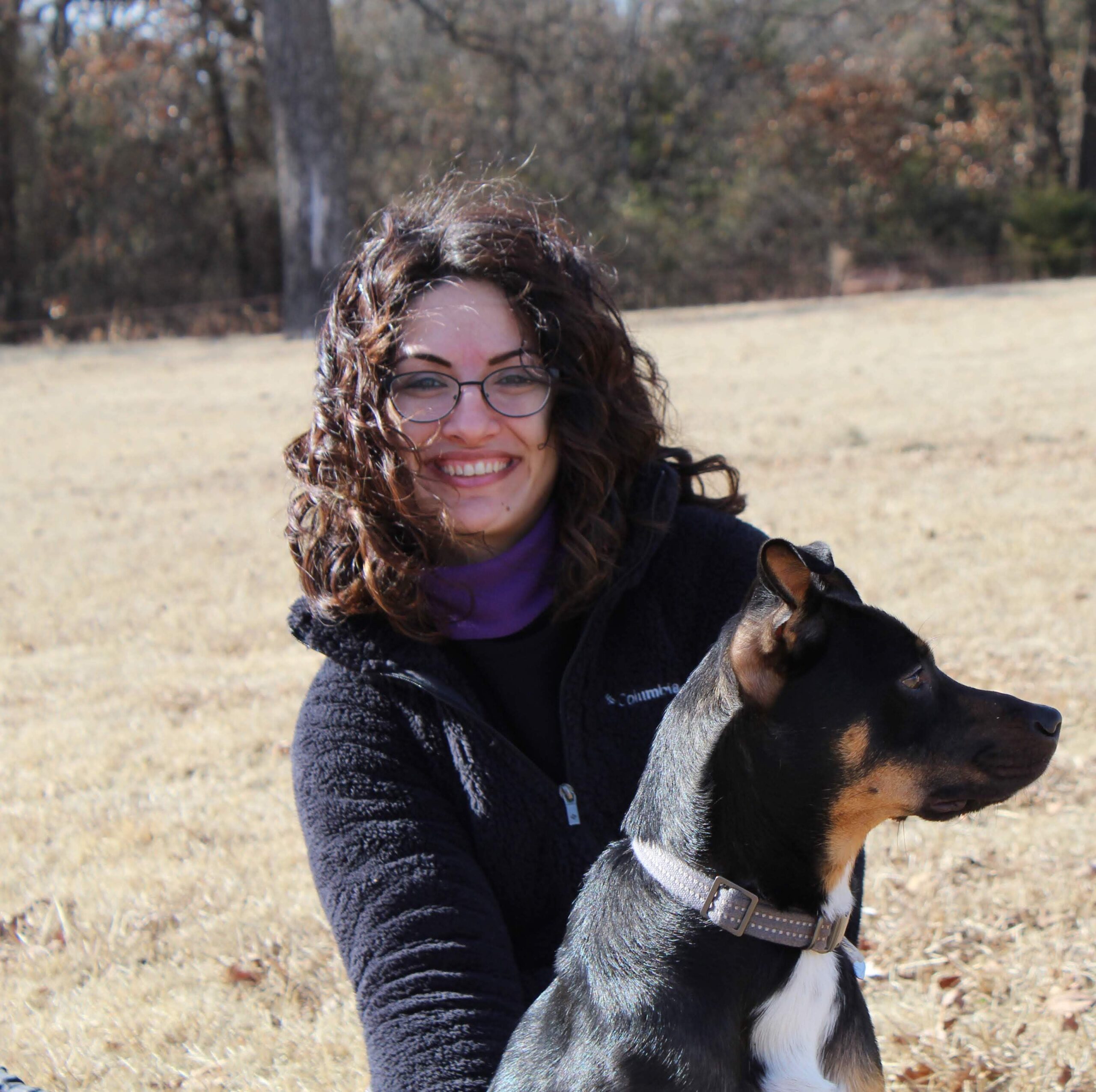
Bio
Yagmur Derin is a Research Scientist in Civil and Environmental Engineering at the University of Wisconsin-Madison. She is broadly interested in using data from a variety of sources to better characterize quantitative precipitation estimates to improve accuracy and speed of hydrological models. Her specific research interests are centered around understanding and characterization of precipitation processes, particularly over challenging and poorly instrumented regions such as mountainous and coastal areas. Her work has been recognized by the International Precipitation Working Group via an Early Career Scientist First Prize. While a postdoc at the University of Oklahoma, she was co-PI on five proposals funded by NASA, NSF, and NOAA. She also co-chaired an NSF-funded workshop to communicate with local communities and identify scalable, sustainable, and transferable solutions for post-wildfire disasters. She served as a program committee and local organizing committee member for the 14th International Precipitation Conference, hosted at the University of Oklahoma in June 2023.
Lei Yan, PhD
Research Scientist
Education
PhD, Wuhan University, Wuhan, 2018
MS, Wuhan University, Wuhan, 2015
BS, China Agriculture University, Beijing, 2013
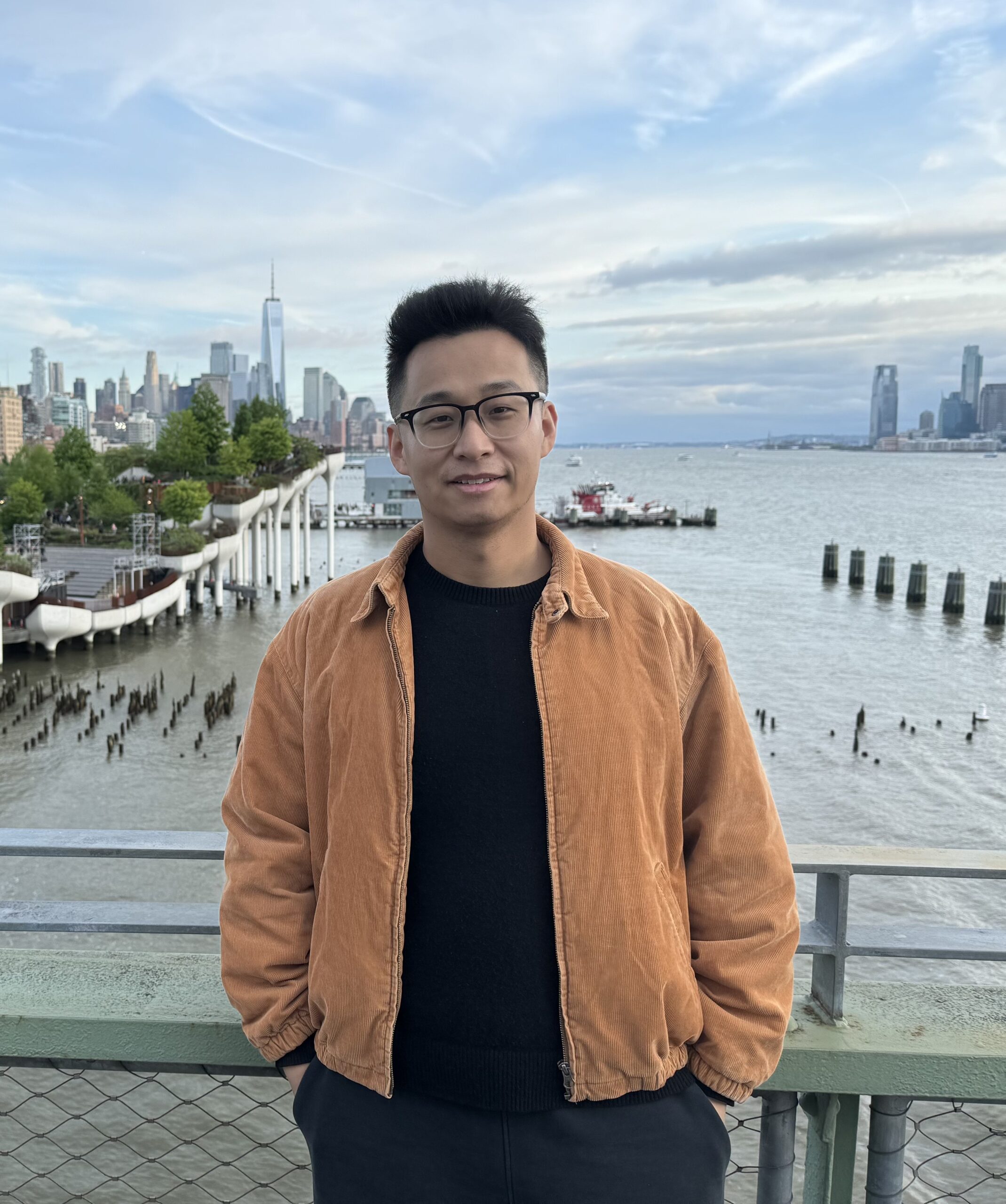
Bio
Lei Yan is a Research Scientist in the department of Civil and Environmental Engineering at UW-Madison. He received his Ph.D. at Wuhan University in the department of Hydrology and Water Resources in 2018, focusing on the nonstationary flood frequency analysis using either time-varying moments method or mixture distributions. He has broad interests in analyzing the impacts of climate change on the hydrometeorological extremes. When working as a postdoctoral researcher at Columbia University, Lei’s research focused on the modeling and prediction of ENSO dynamics using deep learning models, and its teleconnection with precipitation and renewable resources. At UW-Madison, he is working to improveme the application of Stochastic Storm Transposition under FEMA’s Future of Flood Risk Data (FFRD) initiative. He has also served as a panelist on an NSF proposal review panel in 2024.
MohammadSadegh (Mo) Abbasian, PhD
Postdoctoral Research Associate
Education
BS, Power and Water University of Technology, 2012
MS, Sharif University of Technology, 2014
PhD, Sharif University of Technology, 2020
Contact

Bio
Mo has received his bachelors in Civil Engineeing from Power and Water University of Technology, Tehran, Iran, and his masters and PhD also in Civil Engineering from Sharif University of Technology, Tehran, Iran. In his bachelors thesis, he worked on bivariate analysis of flood peak discharge and volume using copulas. During his masters and PhD, he primarily focused on the statistical analysis of climate change impacts on drought characteristics over the Lake Urmia Basin, which is a hydrologically critical region located in a semi-arid region in northwest Iran. He developed a novel multi-site statistical downscaling model to downscale precipitation and temperature from the outputs of General Circulation Models (GCMs) over a hydrologic unit. He also introduced the Precipitation–Temperature Deciled Index (PTDI) to characterize drought conditions based on the joint variability of precipitation–temperature, particularly under climate change. During his PhD, Mo pursued 9 months of his research as a visiting scholar at the University of Western Ontario, London, Canada. He also regularly participated in conferences, workshops, and seminars, including The 27th International Union of Geodesy and Geophysics (IUGG) General Assembly, Montreal. In the Hydroclimate Extremes Research Group, Mo will perform data analysis, and hydrologic and flood simulations, in close coordination with Dr. Wright and climate scientists at UW-Madison.
Ankita Pradhan, PhD
Postdoctoral Research Associate
Education
BS, Government College of Engineering, 2013
MTech, IIT-Bombay, 2016
PhD, IIT-Bombay, 2023
Contact

Bio
Ankita received her bachelor’s degree in civil engineering from the Government College of Engineering in Odisha, India. She earned a master’s degree from the Indian Institute of Technology Bombay, India in 2016 with a specialization in Remote Sensing applications Water Resources. Her research for her master’s degree focused on GIS-based floodplain zoning. Her PhD research, also at IIT-Bombay, focused on the Impact of Microwave Remote Sensing Based Precipitation Uncertainty on Hydrological Modeling. At UW-Madison, she will be working on a “process-based” solution to estimating flood frequencies based on flood physical drivers and their changes. She has received highly-selective travel grants from AGU to attend the 2017 and 2019 Fall Meetings in the United States. She was also selected as a member of the NASA PMM science team in 2019.
Ashar Hussain
PhD Student
Education
MTech, Indian Institute of Science,2020-2022
BTech, Jamia Milia Islamia, 2015-2019
Contact

Bio
Ashar received his bachelor’s degree in civil engineering from Jamia Milia Islamia, Delhi. He then went for his master’s in water resources and environmental engineering at the Indian Institute of Science (IISc) in Bangalore, where he worked on the application of machine learning to improve crowd-sourcing rainfall estimates. In 2022 he worked as a project assistant at the Indian Institute of Technology Delhi (IIT-D), where he worked on a satellite simulator for the Surface Water and Ocean Topography (SWOT) mission, and ways to find the river discharge estimates completely using satellite data.
Benjamin FitzGerald
PhD Student
Education
BS, University of Notre Dame 2018-2022
Contact

Bio
Ben received his bachelor’s degree in Civil Engineering from the University of Notre Dame in 2022. Some of his undergraduate research centered on using groundwater modeling software to run risk assessments. He spent 2021-2022 as a USGS Pathways Intern at the St. Petersburg Coastal and Marine Science Center. There he researched wave runup and coastal image processing. At UW-Madison, Ben is focusing on how flood frequency is changing due to climate change.
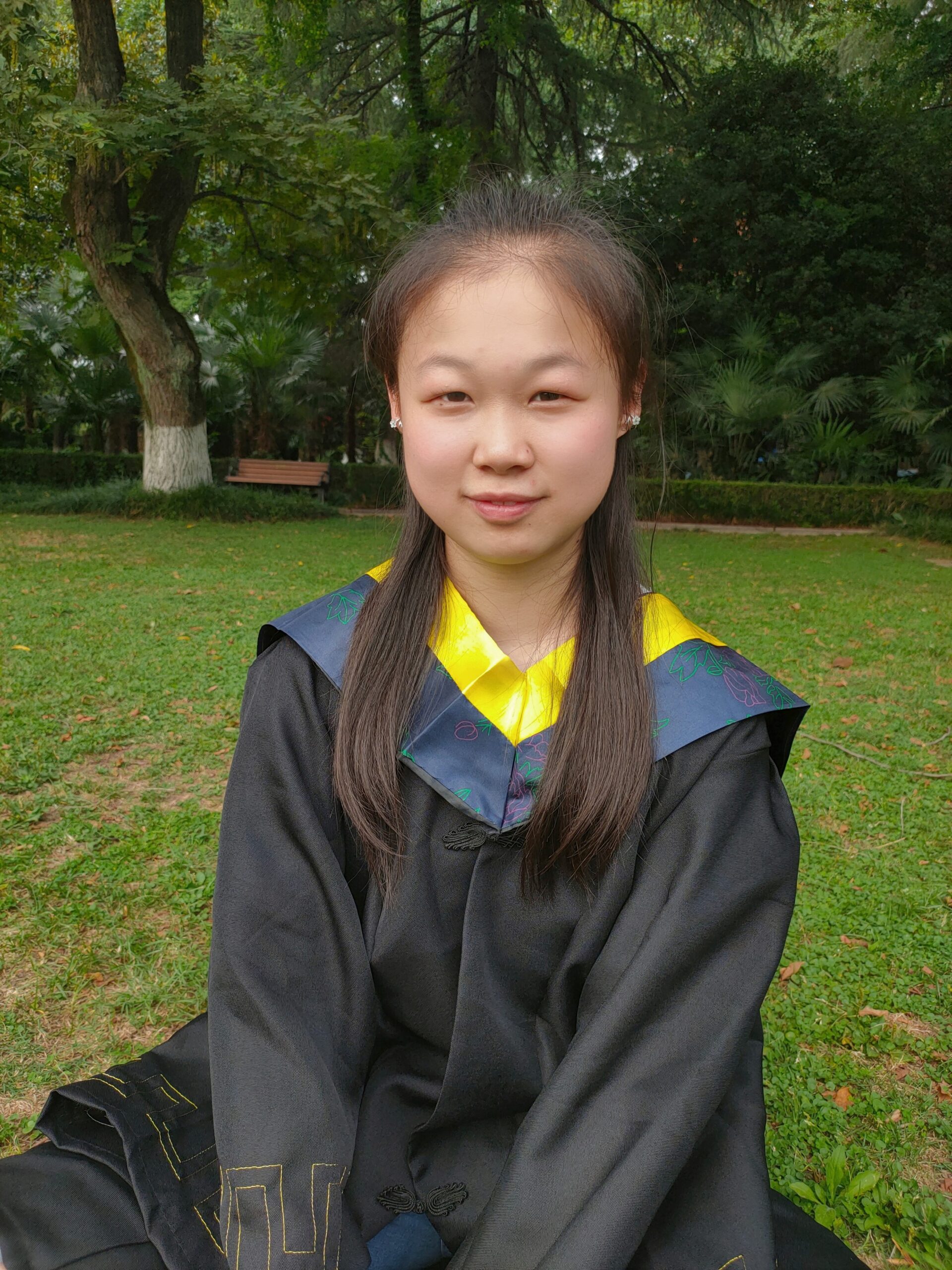
Bio
Kaidi received her bachelor’s degree in surveying engineering at Tongji University in 2022. Her undergraduate research interests lay in remote sensing data processing, multi-source satellite data fusion, and their application in agriculture and hydrology. At UW-Madison, she focuses on uncertainty estimation for satellite precipitation products without ground-based observations.
Yichen Tao
PhD Student
Education
MS, Ben-Gurion University of the Negev, 2021
BE, China University of Petroleum-Beijing, 2017
Contact
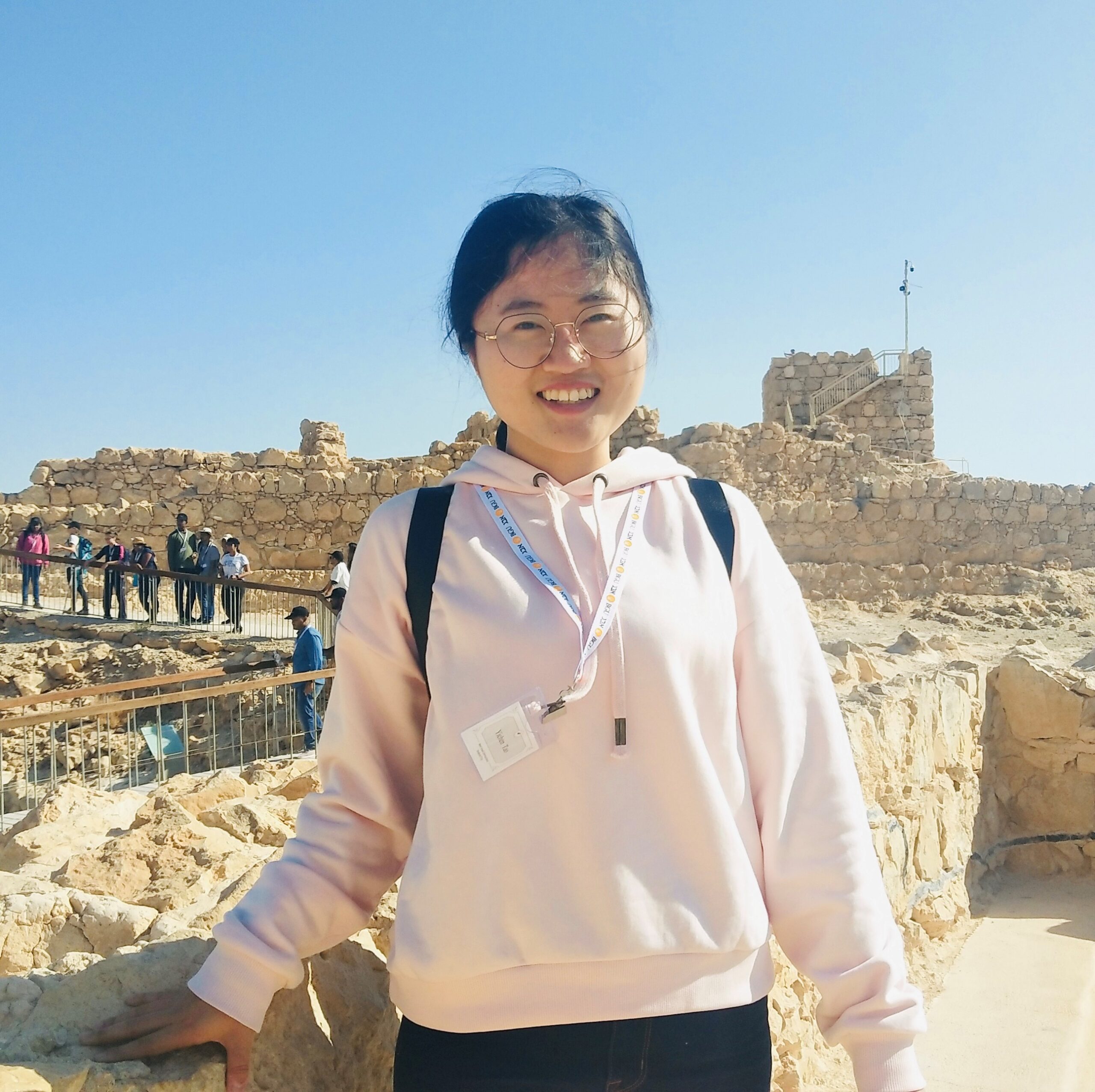
Bio
Yichen received her bachelor’s degree in Petroleum Engineering from the China University of Petroleum-Beijing in 2017. From 2019 to 2021, she majored in Hydrology and Water Quality at the Ben-Gurion University of the Negev in Israel, focusing on modeling supercritical CO2 behavior in the subsurface.

Bio
Yuan received his bachelor’s degree in Harbor, Waterway, and Coastal Engineering at Dalian University of Technology (DLUT) in 2020. His undergraduate research focused on the application of image processing and deep learning on liquid sloshing dynamics. In 2020, he worked as the research assistant at the Institute of Water Resource and Flood Control, DLUT, focusing on the multi-index impact assessment of inter-basin water transfer projects. At UW-Madison, he is working on investigating the regional hydroclimate of extreme rainfall and flooding using “object-oriented” multivariate characterizations of extreme storm events.
Aaron Alexander
PhD Student
Education
MS, University of California, Davis
BS, University of Nevada, Reno
Contact
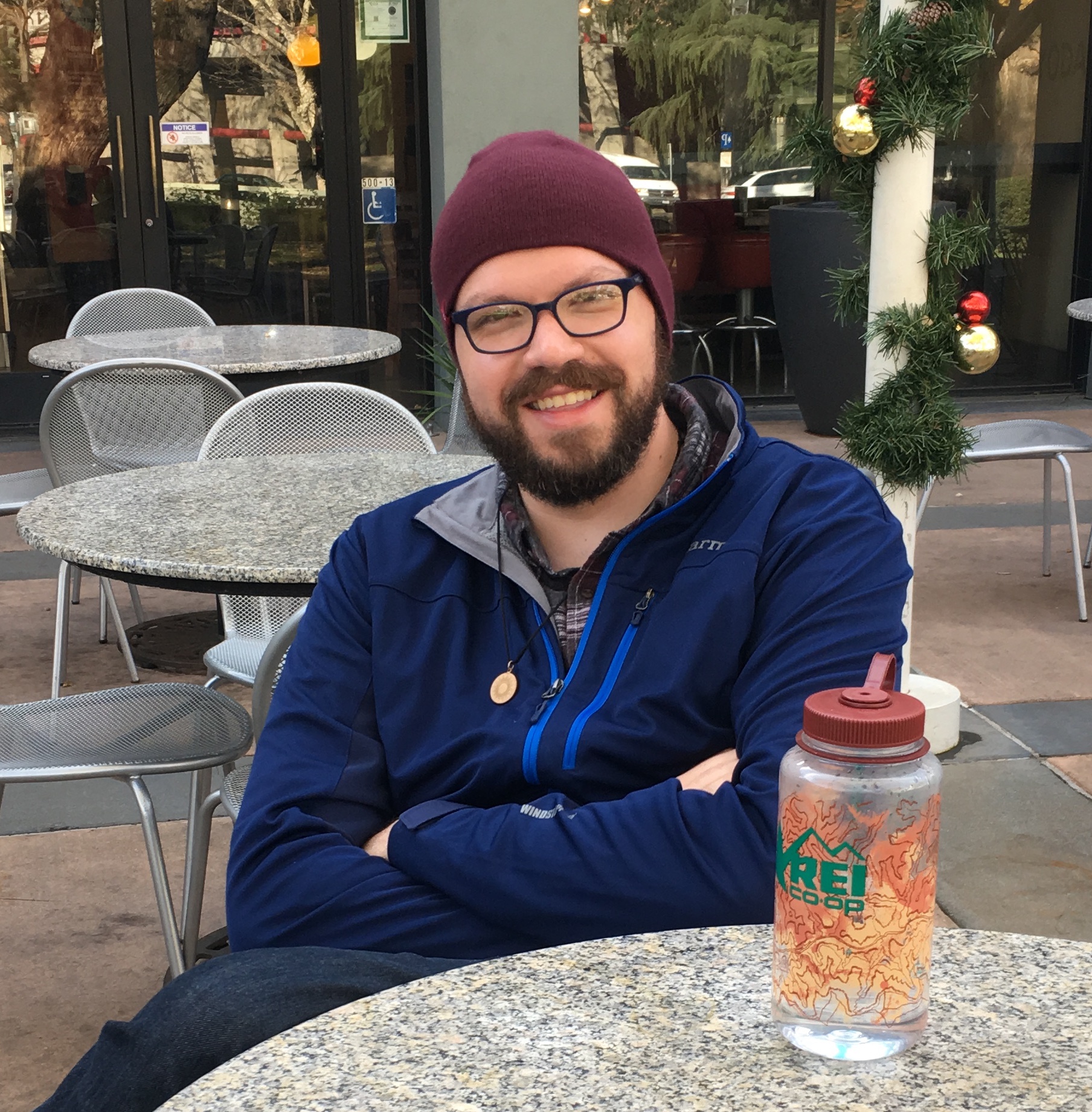
Bio
Aaron received two bachelors degrees in Physics and Atmospheric Sciences from the University of Nevada, Reno in 2017. In 2020, Aaron earned a Master’s Degree in Civil and Environmental Engineering with an emphasis in Water Resources from the University of California, Davis. His research at UC Davis focused on quantifying the role of soil moisture as a driver of land-atmosphere coupling within California’s Central Valley through the use of high resolution climate modeling platforms. He further helped developed the Summertime Observational Land-Atmosphere Coupling Experiment (SOLACE) during the summer of 2019 in the Central Valley. While not participating in research, Aaron serves as a member of the Student Conference Planning Committee for the American Meteorological Society.
Sophie Van Alsburg
MS Student, Water Resources Management Program
Education
BSE, Civil and Environmental Engineering, University of Washington
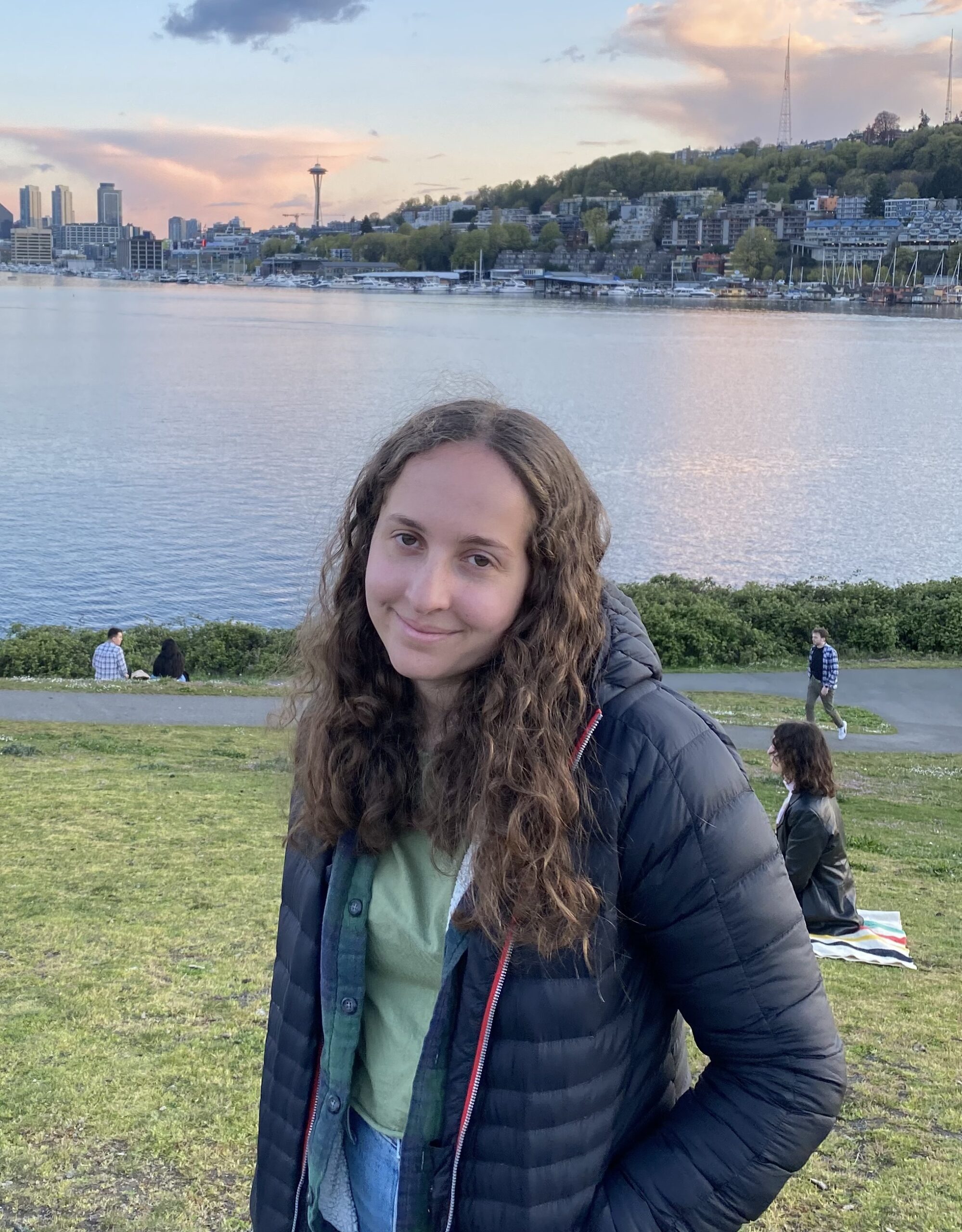
Bio
Sophie graduated from the University of Washington in Seattle in 2023 with a bachelor’s degree in civil engineering and a concentration in hydrology. She is currently in the Water Resources Management (WRM) Master’s program at UW-Madison. The WRM program’s practicum aims to restore Fancy Creek, located in the Driftless Area Ecoregion in Wisconsin. The creek is being converted from a channel ditch stream to its historic, meandering flow, and Sophie is researching how this will affect floodplains, wetlands, and the biology in the region. Within the Hydroclimate Extremes Research Group, Sophie is studying the connections impacts of climate change on UW-Madison’s campus stormwater management infrastructure.